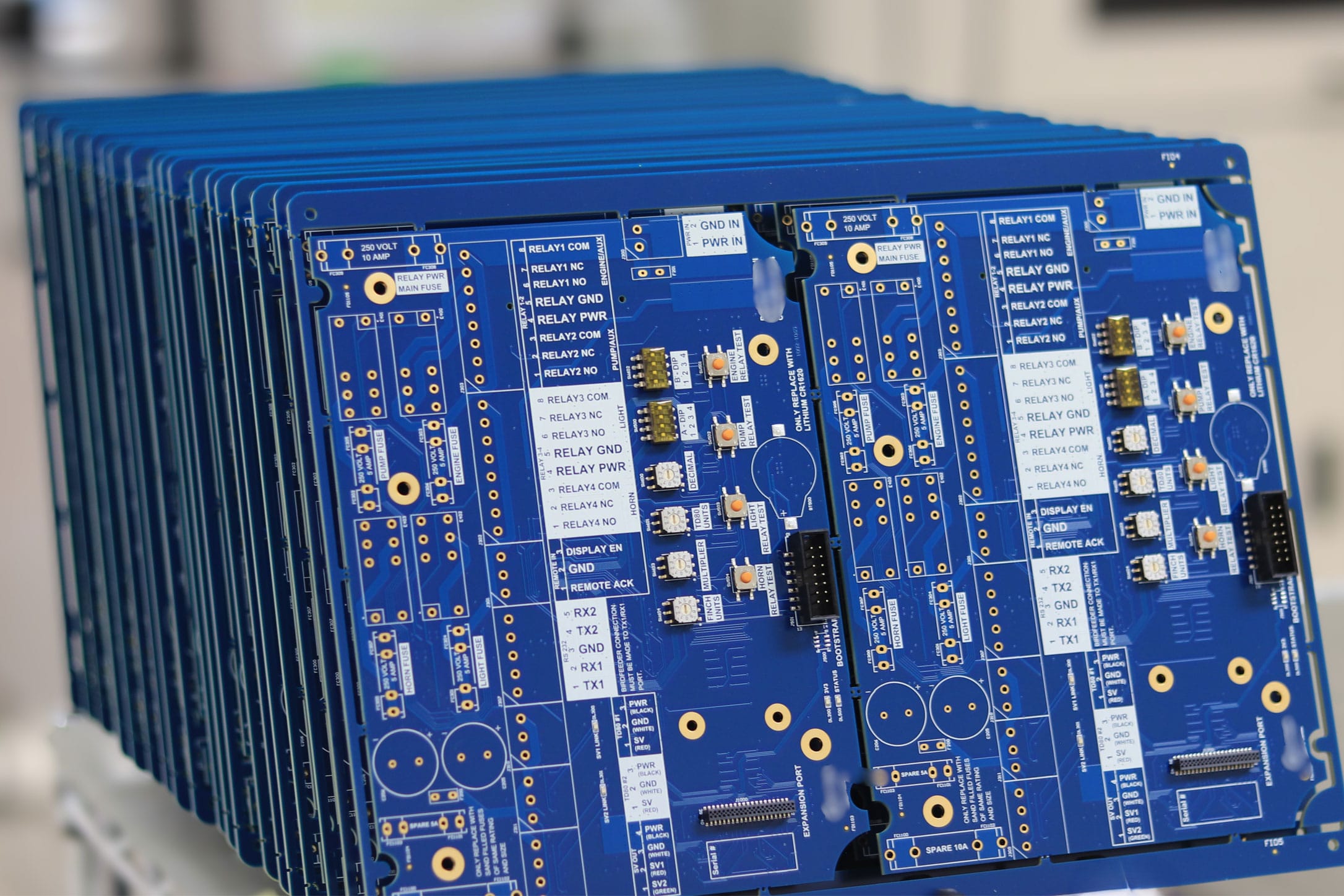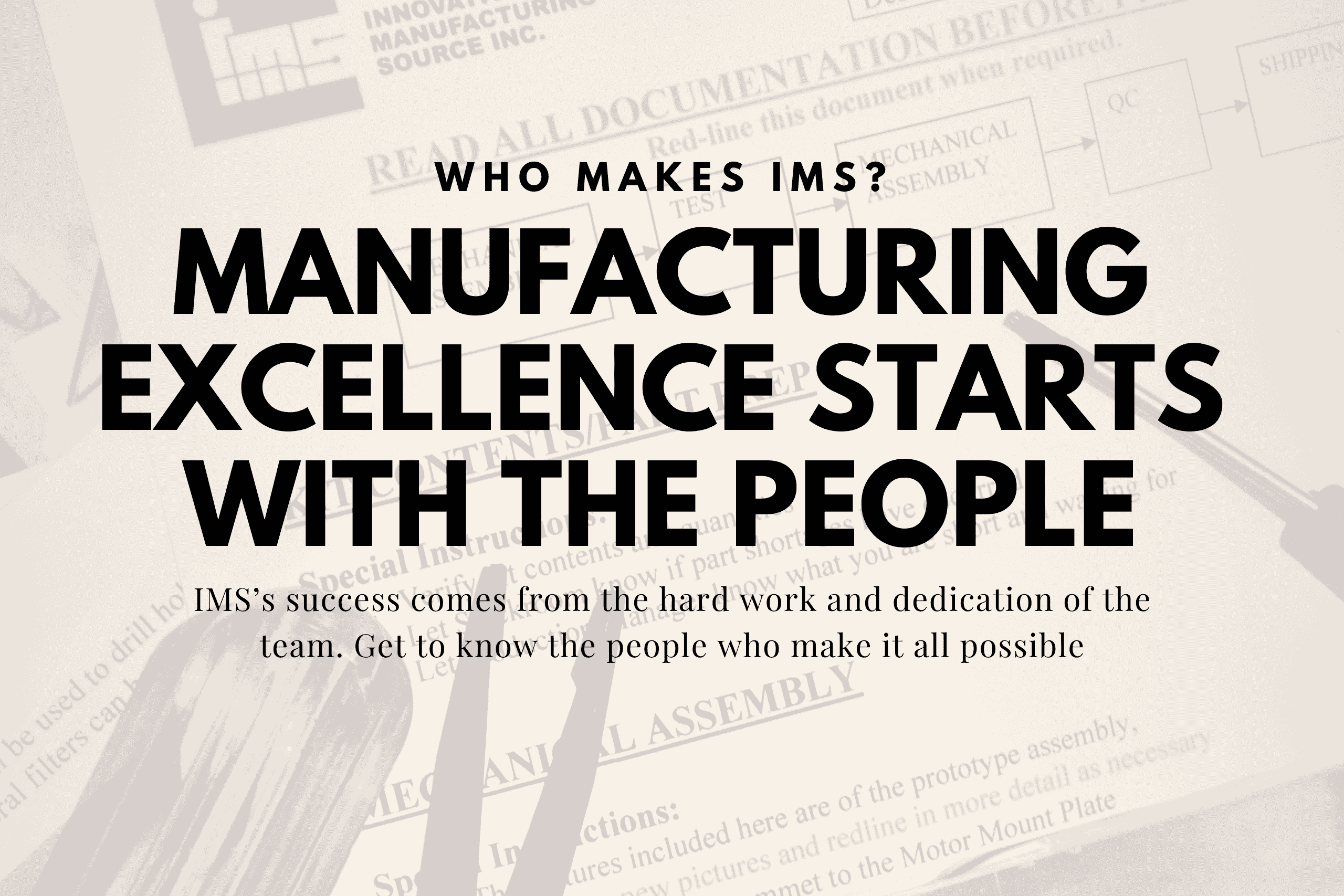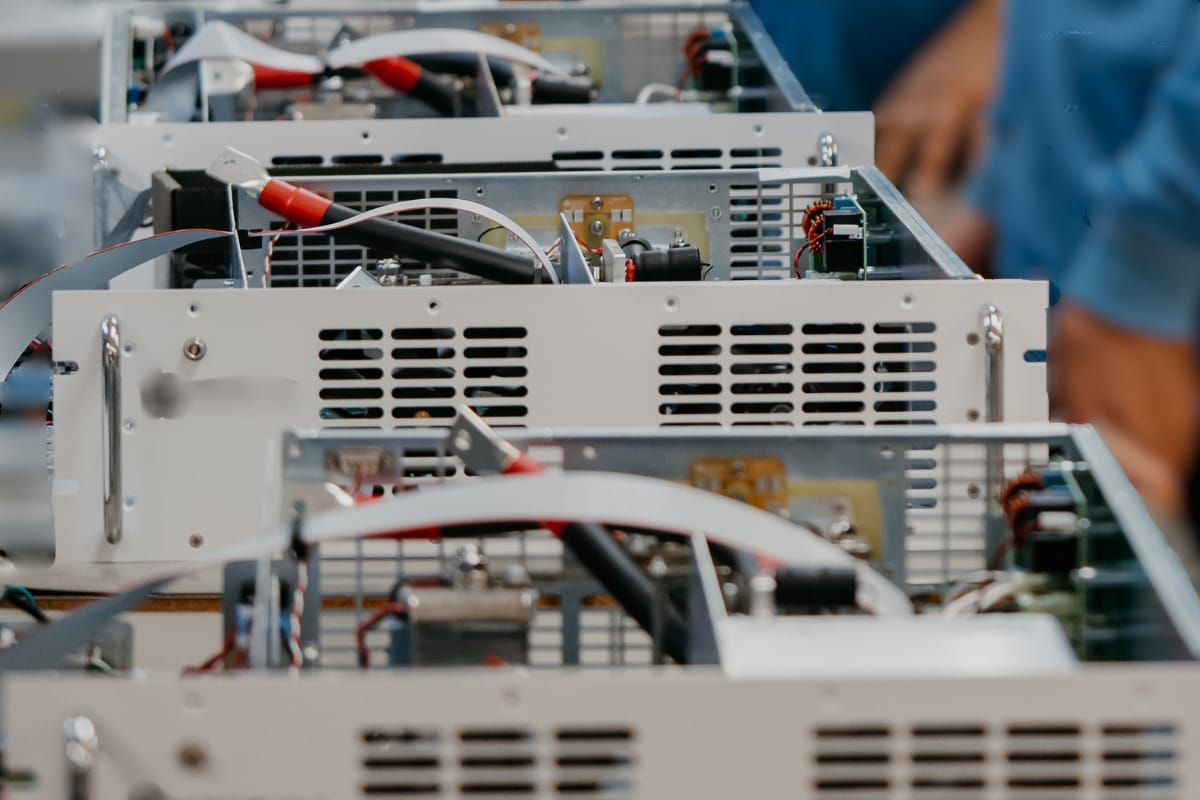Whether you’re building a handful of prototypes or scaling toward production, how and where your assembly happens can either support your goals or slow them down.
For many manufacturing companies in Calgary and beyond, this choice comes down to two paths: build in-house or partner with a contract manufacturing provider. Both routes offer value, but each comes with trade-offs depending on your timeline, resources, and the complexity of the build.
This article explores the pros and cons of each option, helping procurement and technical teams evaluate which path best supports their next project.
What Is In-House Assembly?
In-house assembly typically means building your circuit boards within your own facility using internal staff, equipment, and processes. This approach gives you full control over production. But that control comes with added responsibility.
Potential Benefits of In-House PCB Assembly:
✅ Hands-on oversight: You can monitor quality and make small adjustments quickly.
✅ Familiarity with the product: Your team knows the design and the intent behind every detail.
✅ Perceived cost control: For very low volumes, using existing resources can feel more efficient.
Potential Drawbacks of In-House PCB Assembly:
❌ High overhead: Equipment, staffing, and training investments can add up quickly.
❌ Limited scalability: As volumes grow, in-house teams may struggle to keep pace or meet evolving quality standards.
❌ Risk of bottlenecks: Production delays often happen when internal resources are stretched or diverted.
In-house assembly can work well for early-stage development or small production runs; however, when timelines tighten or complexity increases, many companies find it difficult to maintain speed, consistency, and cost efficiency.
What Is Contract Manufacturing?
Contract manufacturing involves outsourcing your circuit board assembly to a specialized partner with the tools, processes, and personnel already in place. It’s a model that offers flexibility and scalability—especially valuable when time, quality, or production capacity is at stake.
Potential Benefits of Contract Manufacturing:
✅ Access to specialized expertise: Skilled technicians, automated assembly lines, and in-house quality systems ensure higher consistency and fewer errors.
✅ Faster time to market: Contract manufacturers are built to move quickly, especially with mid-to-high volume production.
✅ Scalable production: Whether you’re producing 100 or 10,000 units, a strong partner can ramp up with you.
✅ Integrated services: Many providers offer more than just PCB assembly, like testing, coating, or even box build integration.
Considerations:
⚖️ Less real-time control: You’ll rely on communication and documentation rather than direct oversight.
⚖️ Onboarding requires clarity: Success depends on clean files, clear expectations, and a collaborative mindset.
When your design is stable and you’re ready to scale, or when your internal team is stretched, contract manufacturing offers a way to reduce internal load and build with confidence.
Looking for a more detailed breakdown?
Read Navigating the World of Contract Manufacturing to explore important factors that can impact your outsourcing strategy.
What to Consider When Choosing Your Assembly Approach
Whether you stick with in-house assembly or choose to partner with a contract manufacturing provider depends on your goals, capacity, and what stage your product is in.
Here’s how the two options compare across several important factors:
| Decision Factor | In-House Assembly | Contract Manufacturing |
|---|---|---|
| Scalability | Limited by staff and equipment | Built to ramp production quickly |
| Cost at Higher Volumes | Higher due to fixed overhead | Lower per unit with volume and efficiency |
| Speed to Market | Slower—requires coordination across internal teams | Faster—dedicated processes and rapid iteration |
| Quality Systems | Varies widely; may be informal or undocumented | Formalized QA, certifications, and traceability built-in |
| Internal Workload | High—teams manage everything | Lower—partner takes on production responsibilities |
For small runs, legacy products, or teams with idle capacity, in-house can make sense. But for most modern builds, contract manufacturing with a partner like IMS offers speed, quality, and the ability to focus internal resources where they add the most value.
Why Many Companies Are Choosing EMS Partners Like IMS
As production demands grow and product cycles tighten, more teams are stepping back from in-house builds and turning to contract manufacturing partners who offer flexibility, quality, and control… without the operational load.
IMS supports companies who want to scale smarter. From our facility in Calgary, we provide circuit board assembly, wire harnessing, sheet metal fabrication and forming, custom enclosures, and full box build—all under one roof. That means tighter integration, fewer handoffs, and more consistent outcomes.
We work with innovators across North America who are:
- Scaling from prototype to production
- Consolidating fragmented vendor networks
- Looking for a manufacturing partner that offers real technical depth and responsiveness
Whether you need a reliable overflow partner or a long-term production solution, IMS is built to deliver.
Take Assembly Off Your Plate—Not Out of Your Control
In-house assembly gives you control. Contract manufacturing should give you confidence without taking that control away.
At IMS Electronics Manufacturing, we combine circuit board assembly, wire harnessing, sheet metal fabrication, and full system integration under one roof—so you get fewer handoffs, faster turnarounds, and better alignment from prototype to production.
Reach out to review your next circuit board build with our team.




